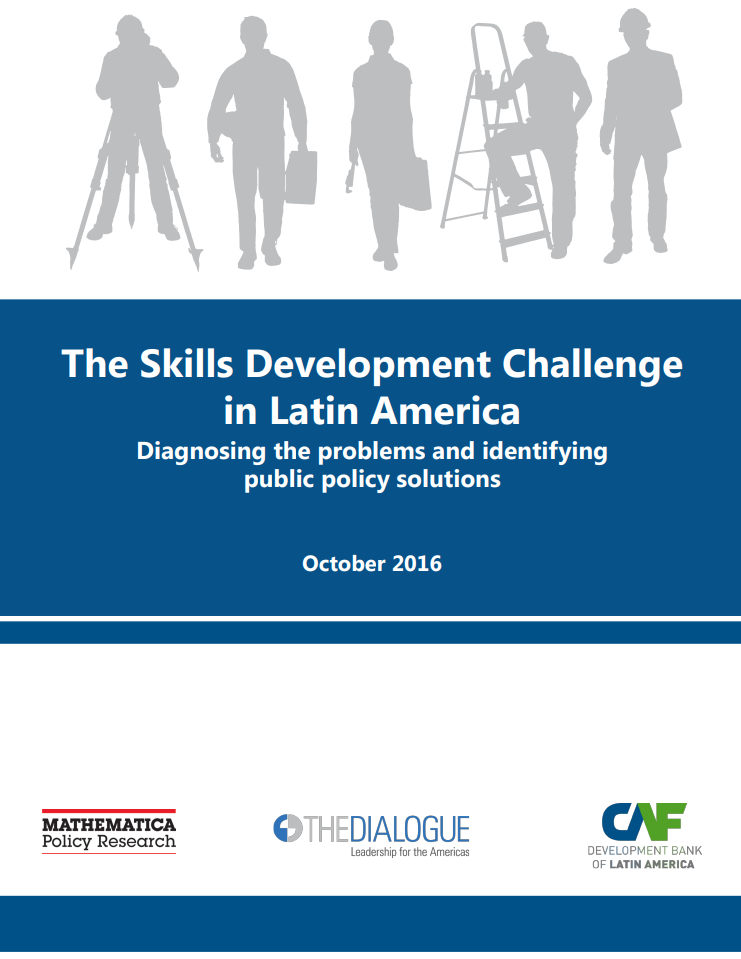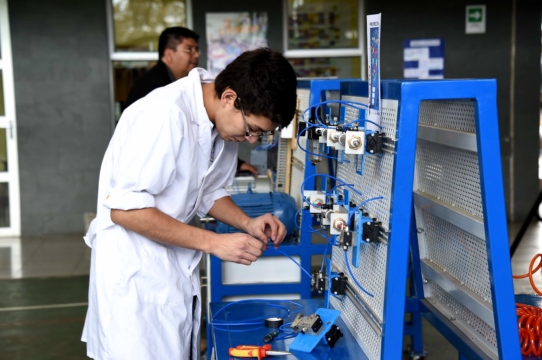
Latin America’s Productivity Challenge
There is a gap between the skills that the Latin American workforce offers and the skills that companies in the region demand.
This post is also available in: Español
Latin America’s history has been characterized by fluctuating rates of economic growth, insufficient development of human capital, and high levels of income inequality. The end of a decade-long cycle of growth driven by high commodity prices signals that countries in Latin America must now face the challenge of improving productivity as a source of sustainable and equitable long-term growth. This requires tackling the challenge of skills development throughout the region.
In this paper, The Skills Development Challenge in Latin America, we demonstrate that, in spite of the striking increase in the years of schooling attained by adults in Latin American countries, there is consistent and compelling evidence of inadequate basic, technical, and socio-emotional skills development across the region. These gaps represent a bottleneck to productivity growth and to the ability of Latin American workers to obtain gainful employment. Our analysis also shows that relevance, quality, and efficiency limitations in secondary and tertiary education are key drivers of the skills development problem.
We advance four recommendations that seek to leverage policy tools (regulations, financial incentives, information, and public/private partnerships) to (1) better align the content and skills taught with the demands of the labor market (through competency-based and technical/vocational education), (2) enhance quality (through strengthened quality assurance mechanisms and widespread dissemination of information), and (3) improve graduation rates in secondary and tertiary education (in particular through outcomes monitoring and evidence-based solutions).
This paper is a joint effort of the Inter-American Dialogue and Mathematica Policy Research, with support from CAF - Development Bank of Latin America.

There is a gap between the skills that the Latin American workforce offers and the skills that companies in the region demand.
What are the main benefits and challenges of secondary technical and vocational education for Latin American countries?
Online competency-based education (OCBE) has emerged as a viable option to help reduce the skills gap in the Americas


